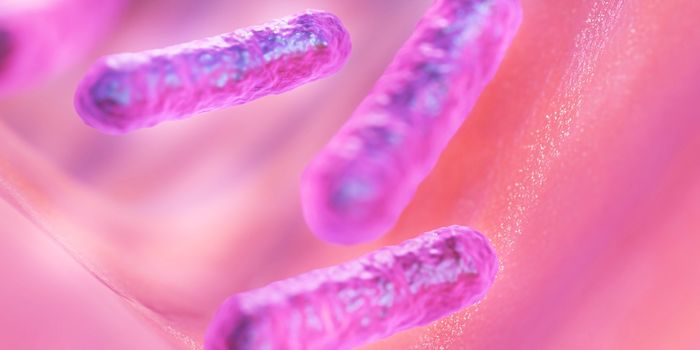People that have type O blood tend to get more seriously ill from a cholera infection than people with other blood types.
Research published in the American Journal of Tropical Medicine and Hygiene could indicate why that is.
Scientists found that in people with type O blood, cholera over activates a molecule important to signaling in intestinal cells. When high amounts of that signaling molecule are present, it causes too much excretion of water and electrolytes, resulting in diarrhea. That diarrhea becomes so severe that massive dehydration and shock can occur, and that may lead to death.
"We have shown that blood type influences how strongly cholera toxin activates intestinal cells, leading to diarrhea," said the senior author of the study, James Fleckenstein, MD, an Associate Professor of Medicine and Molecular Microbiology at Washington University School of Medicine in St. Louis.
Cholera is caused by the Vibrio cholerae bacterium, which infects cells in the small intestine. It affects 3 million to 5 million people every year, causing to 100,000 to 120,000 deaths. Many of those fatalities occur in India, where cholera has been a persistent and widespread problem for centuries. United Nations workers caused a recent serious outbreak in Haiti. The video below talks more about cholera.
About forty years ago, scientists observed that people with type O blood were more likely to need hospitalization for their cholera infections, but it was not known why.
Antigens that are present on red blood cells determine blood type, but those antigens are also found on many other types of cells, including those that line the intestine. To investigate, the researchers exposed two different groups of enteroids to cholera toxin. Enteroids are basically miniature, simplified models of the small intestine made from clusters of stem cells obtained from patients. In this case, the scientists used enteroids from people with type A and blood type O, as the enteroids from other blood types were not then available. If you want a refresher on blood types, check out the Khan Academy video below.
The work showed that the signaling molecule was elevated twice as much in the blood type O enteroids compared to type A. That suggests a mechanism behind the more severe diarrhea.
"It is well-established that high levels of this molecule lead to diarrhea, so we're making the assumption that higher levels lead to even more diarrhea," explained the study’s lead author, F. Matthew Kuhlmann, an instructor in medicine. "Unfortunately, we have no way directly to link the responses to the volume of diarrhea and, therefore, the severity of disease."
Thweir results were confirmed in a cell line made from a patient with type A blood. When that line was modified to make the type O antigen instead of A, the levels of signaling molecule doubled.
It’s still unknown why cholera would cause those varied responses.
"The cholera toxin is known to bind weakly to the ABO antigens, so they may be acting as decoys to draw the toxin away from its true target," Fleckenstein said. "It may be that the type O antigen just isn't as good of a decoy as the type A antigen."
"The beautiful thing about this research is that we've taken intestinal cells from people here in Missouri and used them to understand the pathophysiology of a disease that affects people worldwide," said Matthew Ciorba, an Assistant Professor of Medicine and a study co-author. "In this particular situation, we knew that the epidemiologists thought that blood type mattered, but using enteroids, we're actually able to see those differences in different people. It's a proof of principle that this system can answer questions of global impact."
Sources:
AAAS/Eurekalert! via
Washington University,
American Journal of Tropical Medicine and Hygiene









